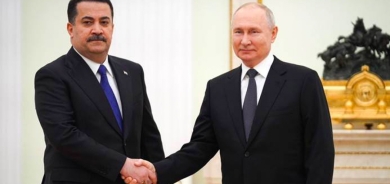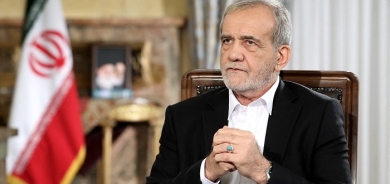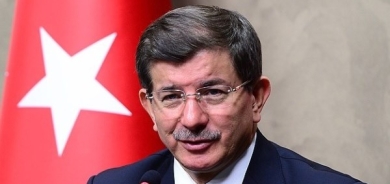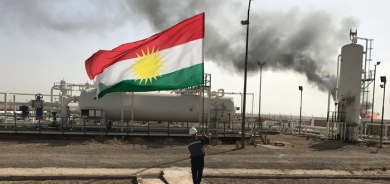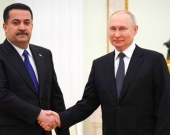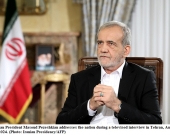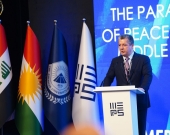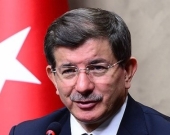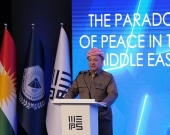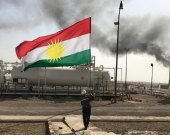Symbol of diversity: Almost two decades after the assassination of Franso Hariri

Hariri, 64, was a beacon of diversity for the Region. The Assyrian-Christian was a well-known and popular figure in the political landscape and in 1996 he became governor, a post he held until his death on February 18, 2001.
Hariri was previously actively involved in Kurdish revolutionary movements, in which he played a critical role from the 1960s until his departure.
Symbol of diversity
“He had a deep belief in coexistence as he was respecting of all religions and social figures,” said Ali Hussien, a close friend and fellow cadre of Hariri in the Kurdistan Democratic Party (KDP).
Hariri came from a Christian-Assyrian family in the town of Harir, located to the northeast of Erbil city, but the Kurdistan Region is home to many ethnic and religious groups, namely Assyrians, Chaldeans, Yezidis (Ezidis), Sabeans, Zoroastrians, and Shabaks.
Despite his political career, Hariri devoted time to building the Region’s sports infrastructur.
Under his leadership, Erbil became the site of an international stadium, which later was named after him: Franco Hariri International Stadium. The stadium is a multipurpose arena which hosts different activities, mainly football matches.
Pope Francis is expected to hold a Mass in the stadium upon his arrival on March 7.
“I am surprised that Kurdistan [Region] could function without Franco Hariri,” said Jalal Pareshan, a member of Kurdistan Parliament, referring to the services he provided athletes.
“He was an umbrella under which athletes could gather,” Pareshan said, adding that he wished the politician would revive and “rescue Kurdish sports from crisis.”
Art, for Hariri, was another area of special engagement and his passion survives in both the Kurdish Orchestra and the Palace of Art, both of which he initiated.

